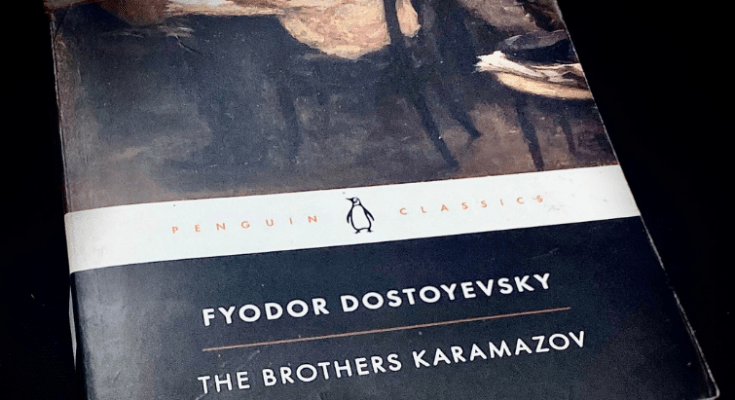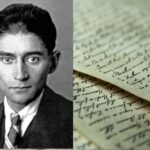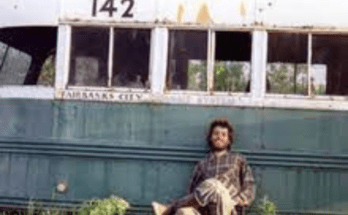The Brothers Karamazov by Fyodor Dostoevsky is a novel that dives deep into the human psyche, exploring the complexities of the human condition through the lens of philosophy. The character of Ivan Karamazov serves as a powerful embodiment of various philosophical ideologies, including:
- Individualism,
- Existentialism,
- Nihilism,
- Rationalism, and
- Indeterminism.
Through Ivan’s struggles, musings, and actions, Dostoevsky offers a nuanced examination of these philosophies, challenging readers to consider the intricacies and implications of each one.
To begin with,
The More One Is, The Less One Can Know.
This quote sums up the main idea of this blog post that Ivan’s character and journey serve as a window into these philosophies, providing a deeper understanding of the human experience and the various ways in which individuals may approach the question of meaning and purpose in their lives.
(Disclaimer – Please note that The Brothers Karamazov has been translated by multiple authors, so the specific quote mentioned in this blog post may vary depending on the translation used. However, the general idea and sentiment expressed will remain the same.)
Ivan’s Character Analysis in The Brothers Karamazov:―
1. Individualism in Ivan’s Character:―
1. Independence and Self-Reliance
Ivan Karamazov is depicted as a character who prioritizes his own desires and beliefs above those of others. He is independent and self-reliant, and his independent nature is reflected in his statement.
I want to live for myself. (Book 3, Part 2, Chapter 6).
This statement encapsulates the central idea of individualism, which emphasizes the autonomy and self-reliance of the individual.
2. Rejection of Societal Norms and Values:
Ivan’s rejection of societal norms and traditional institutions also aligns with individualist philosophy. Ivan’s rejection of religious beliefs and traditional morality reflects his emphasis on self-reliance and his rejection of external authority.
This is evident in his statement,
I reject your Christ. (Book 3, Part 2, Chapter 6).
Ivan’s rejection of religious beliefs and traditional morality reflects his emphasis on self-reliance and his rejection of external authority.
3. Belief in Autonomy:
Ivan’s belief in his own autonomy and his rejection of external authority is further demonstrated in his statement,
I am my own judge, and as such, I acquit myself. (Book 4, Part 3, Chapter 2).
This statement illustrates Ivan’s belief that he is the ultimate authority in his own life, and that he does not need to rely on external institutions or authority figures to guide his actions.
2. Existentialism in Ivan’s Character:―
The theme of existentialism is present in the novel through the character of Ivan grappling with fundamental questions of existence and the meaning of life. I
In Book 5, Part 5, Chapter 4 further exemplifies his existentialist struggles in his statement,
What is the meaning of it? What can it mean? Is there a meaning in it? What does it lead to? What is the aim of it? What is the goal of it?“
Ivan’s contemplation on the purpose of existence and the lack of answers to his questions aligns with existentialist philosophy, which explores the human condition and our place in the world.
3. Nihilismin in Ivan’s Character:―
Ivan’s character in “The Brothers Karamazov“ embodies the philosophy of nihilism, marked by his rejection of traditional morality and belief in God, leading him to the conclusion that life has no meaning or purpose.
He reaches this nihilistic belief through contemplation on the suffering of innocent children and the absence of a just God.
Ivan states,
I want to reject everything, that’s what’s most reasonable. But one can’t make one’s way through life with that. And so I reject it, and I go on living.
This statement illustrates Ivan’s belief that life is ultimately meaningless and that traditional beliefs and values hold no value for him. He expresses his desire to reject everything and embrace a nihilistic worldview but acknowledges that it is impractical and therefore he continues to live with a sense of purposelessness.
Also, if you are into philosophy, you must read, Kafka’s Letter To His Father ― An In-Depth Analysis.
4. Rationalism in Ivan’s Character:―
Ivan’s character in “The Brothers Karamazov“ also embodies the philosophy of rationalism, as he emphasizes the use of reason and evidence to understand the world. His main question is why there is so much suffering in the world, especially innocent children dying, and his statement
In Book 5, Part 5, Chapter 4, Ivan says,
If there is no God, everything is permitted”
This illustrates his reliance on reason over faith.
5. Indeterminism in Ivan’s Character:―
Ivan’s character in The Brothers Karamazov also touches upon the idea of indeterminism, which is the belief that not all events are wholly determined by antecedent causes.
Ivan says,
But if everything is predetermined for eternity, I can’t find any sense in it, and I simply don’t want to accept it. I want to make a free choice, whatever it may cost and wherever it may lead.
This statement illustrates Ivan’s struggle with the concept of free will and predestination. Ivan is expressing his doubt and rejection of the idea that everything is predetermined and that there is no free will. He expresses his desire to make his own choices, which implies the belief in the existence of the free will.
If you are someone who is struggling with the idea of free will, you might want to read this blog post that shares 6 Books That Debate The Existence of Free Will.
Grab Your Copy Here ― Amazon In | Amazon US
The Best Books: Recommended Reading Lists
1. Best Books That Teach the Art of Living a HAPPIER LIFE
2. Best Books on STOCK MARKET & INVESTING
3. Best Books To Help You Find HOPE During Your Darkest of Times
4. Best Books on Learning & Mastering SONGWRITING
5. Must-Read Books on Punjab’s History and Culture
6. Best Books That Talk about Sologamy
8. Alan Watts Books That Talk About Human Existence
9. From Ph.D. To Industry: 4 Best Books To Aid Your Transition
That’s all we have for today.
Thanks a lot for tuning in to HappinessDhaba. Do let me know your views on this in the comment section.
Signing off with my favourite words
Zindagi Zindabad!
Author Profile

- Psychologist | Engineer | Reader | Blogger
-
An Engineer-Turned-Psychologist who loves Literature.
Let's Connect!
Recent Posts
 Book Summaries & LessonsFebruary 6, 2025BURN IT ALL: Kafka’s Legacy and the Friendship That Saved It
Book Summaries & LessonsFebruary 6, 2025BURN IT ALL: Kafka’s Legacy and the Friendship That Saved It Life Through SongsJanuary 20, 20259 Best Punjabi Heer Ranjha Songs ― The Modern Playlist
Life Through SongsJanuary 20, 20259 Best Punjabi Heer Ranjha Songs ― The Modern Playlist Life Through SongsJanuary 16, 20256 Best Punjabi Sufi Songs ― The Ultimate Sufi Playlist
Life Through SongsJanuary 16, 20256 Best Punjabi Sufi Songs ― The Ultimate Sufi Playlist The Punjabi LiteratureJanuary 4, 2025Meri Bebe by Sharry Mann | Lyrics Explained in English
The Punjabi LiteratureJanuary 4, 2025Meri Bebe by Sharry Mann | Lyrics Explained in English










